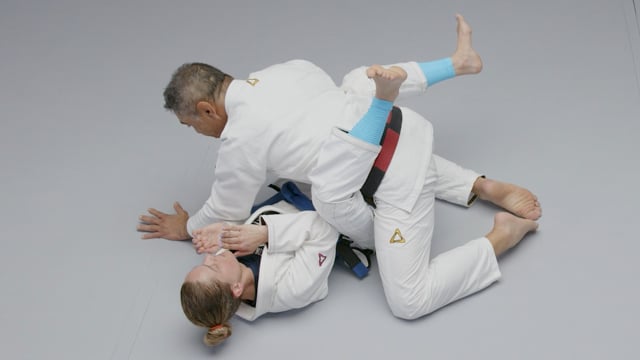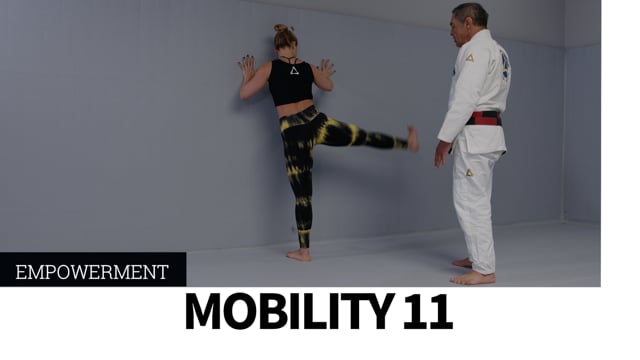On June 6, 1982, the jiujitsu tribe and the Gracie family lost one their most valiant representatives, the idol Rolls Gracie.
Forty years after his unexpected departure, during a hang-glider flight in the Visconde de Mauá region of Rio de Janeiro, a few of Rolls's lessons and teachings are still remembered and passed on in schools and gyms.
A son of Master Carlos, raised and trained by Master Helio, Rolls grew up in the feverish 1960s. He was at the height of his impetus in the age of the "ultra-young power," as wrote the immense poet Carlos Drummond de Andrade, who happened to be his neighbor in Copacabana.
It's quite a difference if we compare him to the Gracie idols who raised him, who grew up amid generations of more conservative customs, at a time when the word "adolescence" was still a seldom-applied concept.
Rolls allowed himself to get in contact with the changing world out there. He respected the best of the traditions of his family and of the martial art he represented, but he was able to absorb the virtues of modernity and he retransmitted them, influencing all. Including his talented brother-by-upbringing, Rickson.
Even though this adaptation to new times seems like a natural and logical movement, it's not exactly how it works for everybody. On the contrary. Many create stiff resistance to what's new—the ones who close themselves up to experiments, the ones who "freeze in time."
Rolls had an open mind, and that was his great legacy. It was thanks to his visionary mind that he was able to modernize jiujitsu training. But how, exactly? Rolls Gracie stimulated tournaments in different formats, pushed his cousins in competitions and, in the 70s, started taping competitions to study the matches with his students at the gym.
At a time when karate was taking over the movies, Rolls led sportive challenges against the most renowned karate teachers in Rio, amply publicizing the superiority of ground techniques. At the same time, he didn't close his eyes to the millenary styles famous in other countries, such as Greco-Roman wrestling and the wrestling practiced in the U.S.: he practiced other fighting styles, competed with his cousins in wrestling tournaments so they could test themselves, and even associated jiujitsu with extreme sports at a time when surfing and skateboarding didn't have the same appeal as today.
Thus Rolls communicated better with the world around, bringing the ancient jiujitsu to the reality of young people. All of that without harming the principles and traditions of jiujitsu, at the same time giving wings to the childish freedom that pulsated inside him. Instead of just repeating what his precursors did, Rolls innovated. And for that he will always be remembered, 40 or 400 years after.


Comments
Nice post. I was curious what Roll's contributions where [tournaments, sport factors, studying video] sound very important ones. Curious how, besides the emphasis of techniques done by the Gracie's, how has the curriculum adapted, and at which point the drilling and sparring methodology was developed - as someone that has practiced other traditional martial arts, there's more emphasis on perfection of techniques in simulated fashion, like in Karate or Aikido, than sparring.